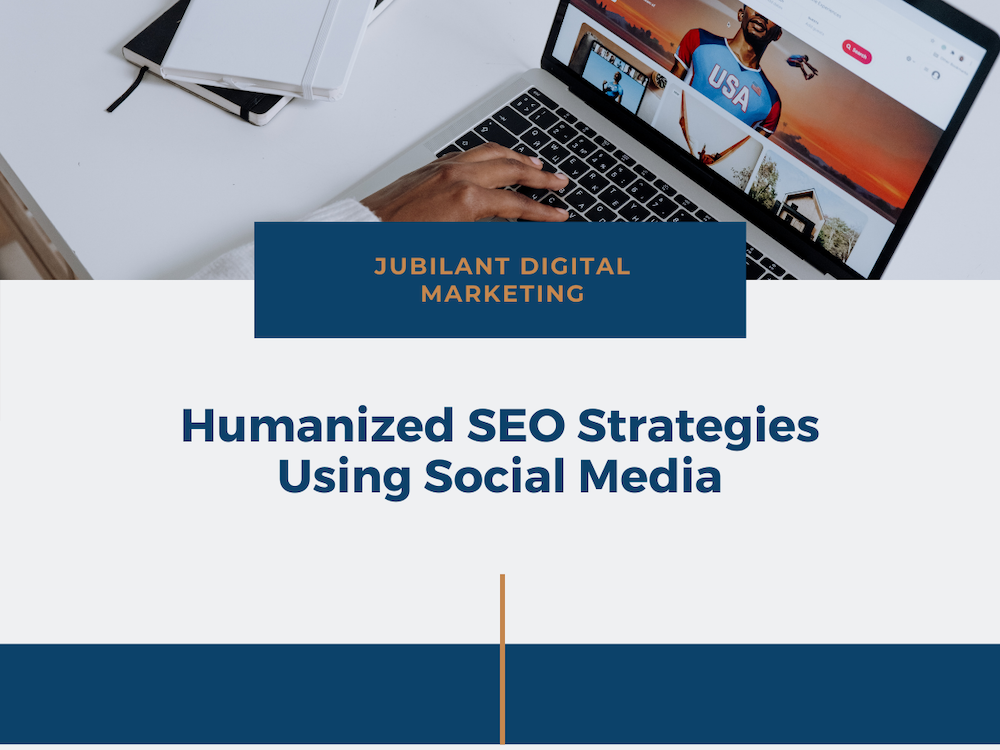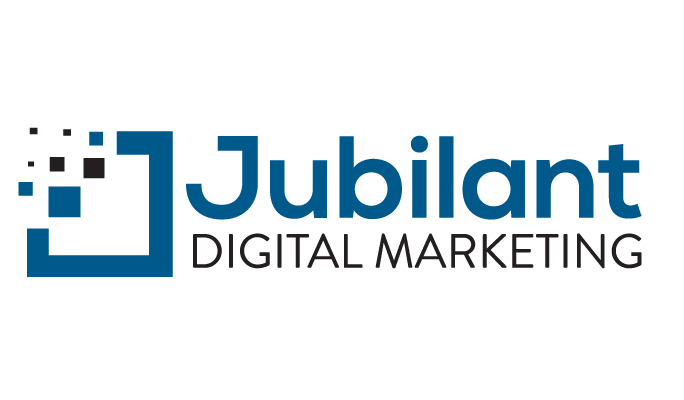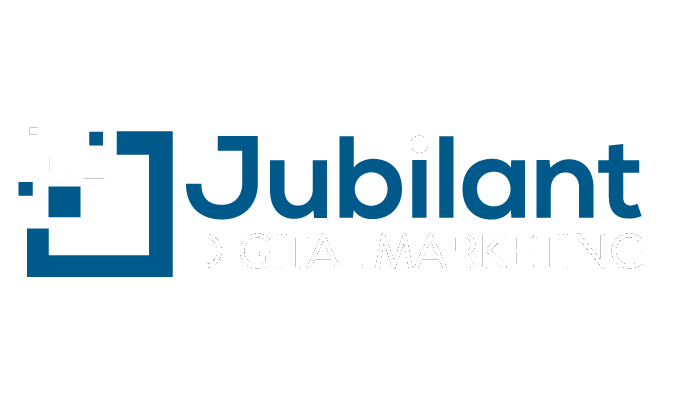 The rapid growth of digital marketing requires marketers to constantly evolve and adapt their techniques for best practices. Recently, we’ve been diving deeper into how we can create forward-thinking SEO strategies. More specifically, how exactly can we use the information and data we have to our advantage. For Google, that means adding a human element to our SEO strategies.
The rapid growth of digital marketing requires marketers to constantly evolve and adapt their techniques for best practices. Recently, we’ve been diving deeper into how we can create forward-thinking SEO strategies. More specifically, how exactly can we use the information and data we have to our advantage. For Google, that means adding a human element to our SEO strategies.
Google has continually pushed its algorithms to seek high-quality content that aims to answer questions. Now, snippets on Google can even lead users to answers without clicking anywhere, leaving marketers who fail to meet Google’s modern standards to earn less traffic. Algorithms have evolved to the point of no longer simply understanding what we’re searching for – but understanding what we mean to search for. “Google is optimizing for [a] human-level understanding of language at scale,” according to Talkwalker.
We must recognize that Google is placing a high value on quality, humanized content. As Google now understands context, gone are the days where good SEO was variations of the root form of the word. For example, a book store’s website that contains just the words “book store” within the copy will not be as relevant as a competitor’s website which incorporates related words and phrases such as “storybooks for children.” Therefore, marketers who strictly follow the guidance and suggestions of SEO tools will miss out on incorporating naturally key phrases and words leading to missed opportunities and failure to reach online customers.
SEO in 2021 is no longer about beating algorithms, it’s about creating content for humans “using human-level inputs into our process,” according to Talkwalker. Google is focused on the humans who use their product, and digital marketers who continue to optimize with the same objective as Google will benefit.
How can social media help humanize SEO
To understand how social media and SEO are intertwined, it’s best to start with the basics and take a look at the way search engines have functioned in the past, as well as how they operate today. Search engines and artificial intelligence have evolved to the point where traditional or old search engine optimization techniques could now be harmful. Because Google makes up about 92.25 percent of the global search market share, as of September 2020, with its closest competitor Bing making up 2.83 percent, the vast majority of businesses and digital marketers should be primarily focused on optimizing for Google.
So, how does social media play a part in all this? To start, it’s a wealth of qualitative data. Instead of using SEO tools as the first step in research, a better approach is now to use what humans create themselves. Every day billions of people around the world are having conversations on an array of social media platforms making them one of the most abundant data sources available. By utilizing conversations on social media, we can see what problems people are facing and what solutions have been found, all the while gaining a better idea of the phrases or topics most relevant to the conversation. Such information lays the foundation for an excellent SEO plan.
“Focusing on human-centric content by incorporating social media data into SEO allows even small companies to be competitive in organic search practices without massive investments in artificial intelligence and machine learning hardware and talent,” according to Talkwalker.
Search engine marketers should still use SEO tools for quantitative data analysis as people search and talk about different things. There are topics and questions which may feel more private, for which individuals turn to Google to find answers as opposed to Instagram. Although there may be fewer conversations on social media about such topics, one can still be informed by the language and dialogue used surrounding them. Digital marketers should learn from social media to inform SEO software for search volume and quantitative data.
Does social media impact SEO?
While social media does have a benefit on SEO, it likely won’t boost any SEO rankings. According to a 2018 study by Hootsuite which analyzed the SEO results of articles that were posted both with and without being promoted on social media, those posted with top social shares garnered an average of 22 percent more during the study period. Although that research does seem to indicate a positive relationship between social media and SEO, the impact that social media makes on boosting SEO results is still more complex than a simple yes or no.
The relationship between social media and SEO is such that social media provides opportunities in content marketing and link-building efforts to help boost organic rankings.
Creating a social media strategy while also understanding SEO helps many elements that benefit SEO, including more backlinks, improved engagement signals and more owned SERP (search engine results page) real estate for branded queries.
Some of these opportunities include, but are not limited to:
- Increased visibility = more link clicks
- Improve SEO ranking signals
- Increase search demand
- Creating content your audience is searching for
- Conduct keyword research
Social media plays a big role in helping companies get their content in front of a larger audience. Social shares may not be a ranking factor but things like time on page and time on site are. For that reason, many digital marketers say social media does benefit SEO by helping improve the metrics that impact rankings.
Additionally, understanding both SEO and social media marketing can help companies perform better on both channels. Audience research on social media helps you create targeted content, while SEO research helps you understand what your social audience wants to read.
In conclusion, SEO should be considered while you are creating a social media strategy but it should not be the driving factor. If you focus on creating and sharing quality content, you’ll be set up for success. After all, quality is the number one ranking factor in Google.
Strengthen your digital marketing plan
Implementing multiple digital marketing tactics and using multiple sources of data leads to a better-informed marketing strategy. There’s no doubt that a well-rounded online appearance is advantageous for businesses. Most importantly, valuing data from multiple sources to inform decisions across platforms can be one of the most superior digital marketing plays in 2021.
For more information on what digital marketing tactics you should consider, contact us or call us at 913-276-5800. Our paid search management, social media and SEO teams will work together to ensure a seamless digital marketing plan for your business.






